Iranian companies ink 5,000-ton rail deal in blow to US sanctions
A deal has been signed between the Khatam-al Anbiya Construction Headquarters and the Isfahan Steel Company for the production of 5000 tons of railway lines as Tehran eyes to reduce dependency on foreign companies and cut dollar-related expenditures.
The deal was inked on Saturday during an exhibition of Iranian technological and engineering capabilities hosted by Khatam-al Anbiya in Tehran.
About 500 Iranian companies are taking part in the event. The deal is the first phase of a project seeking to provide railway lines for Iran’s Chabahar-Zahedan railway project.
Iran, situated in a strategic regional trade intersection hub, has sought to work with various countries such as Italy, France, Russia and China to further develop its expansive network of railway lines.
Many of these joint projects have not produced expected results or abandoned by their respective foreign partners largely due to Washington’s unilateral bans.
The Trump administration imposed economic sanctions against Iran after withdrawing from the 2015 Iran nuclear deal in May 2018.
Iran has since further sought to adapt to challenges imposed by the wide-sweeping bans by relying on its own domestic industry sector.
Cutting dollar-related expenditures
Speaking during the exhibition on Saturday, Iran's minister of industry, mine and trade said the country is set to save up to 10 billion dollars over the course of the next two years by replacing imported products with domestic alternatives.
Pointing to a sharp decline in Iran’s imports, Reza Rahmani added that Iran currently enjoys desirable production capabilities and can produce beyond its needs in certain industrial fields.
Rahmani also said that domestic industries have been successful in alleviating the country’s needs by taking over related production, pointing to recent domestic contracts related to electrode, aluminum and heavyweight vehicle tire production.
Also speaking during the exhibition, Saeed Mohammad, head of the Khatam-al Anbiya Construction Headquarters, said the construction group has been able to save up to 7 billion dollars by developing indigenous industrial equipment.
Mohammad called for further empowerment of the domestic production sector, adding that doing so would boost the country’s economy, reduce inflation and strengthen the Iranian currency.
Mohammad added that Iran’s enemies are seeking to dictate the country’s policies by endangering the economic livelihoods of the Iranian people.
He added that the development of a resilient economy is needed to properly address these attempts.
Hezbollah attacks Israeli forces after Lebanese homes blown up
World leaders, states hail ICC arrest warrants for Netanyahu, Gallant
MP: US accountable for possible Israeli 'foolishness' to attack Iraq
VIDEO | Israeli policies strangle Palestinian agriculture, economy
Iran's president offers condolences to Pakistan over terrorist attack
Canada’s Yukon town council at standstill over refusing oath to King Charles
Yemen's Houthi calls for jihad to protect Palestine against Israel
VIDEO | Internal rifts within Israel


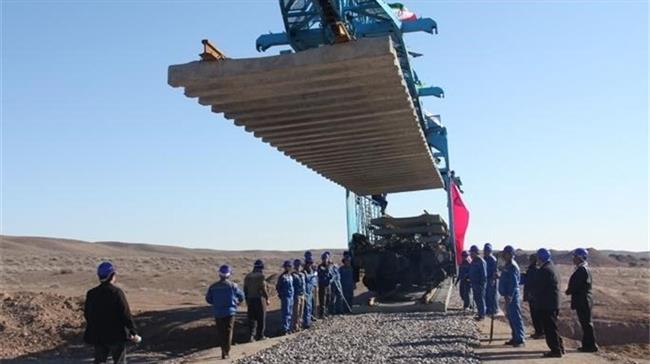


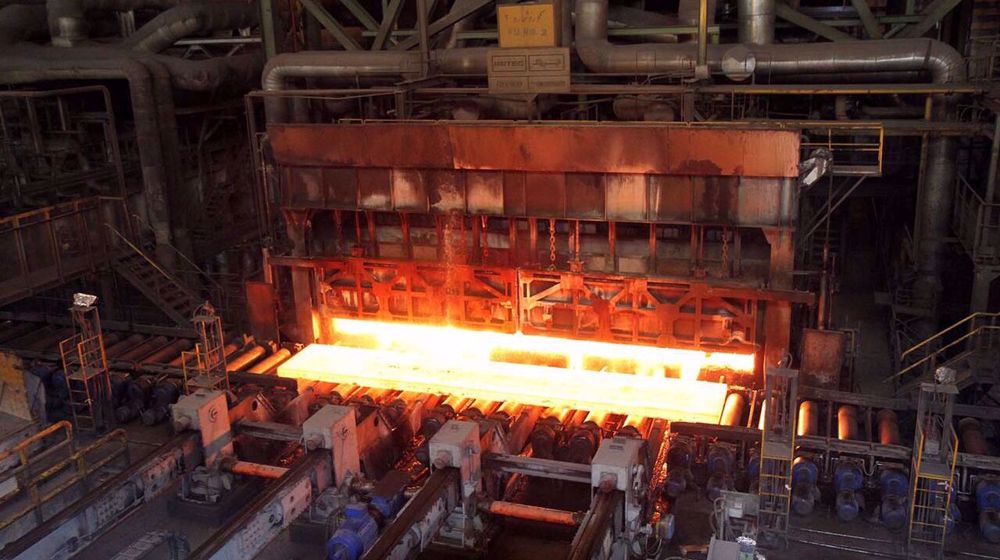





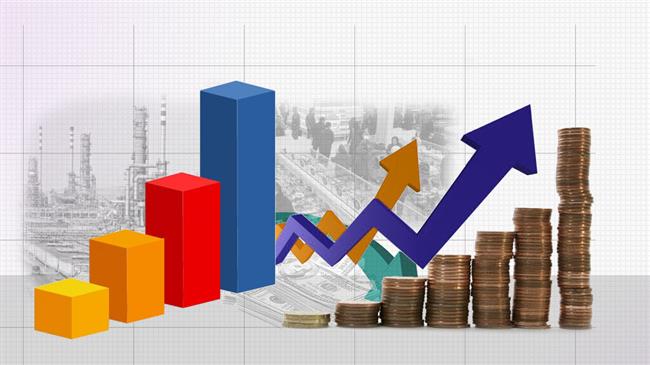
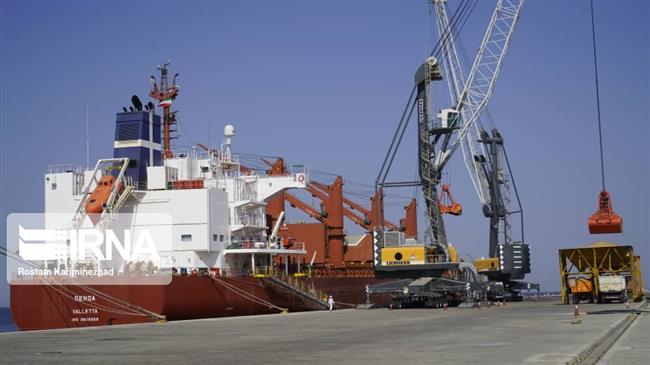
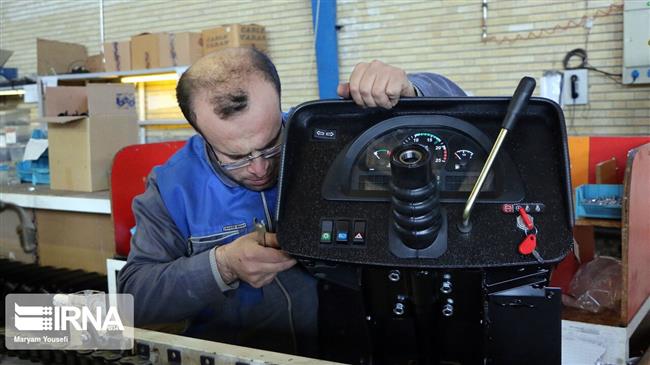
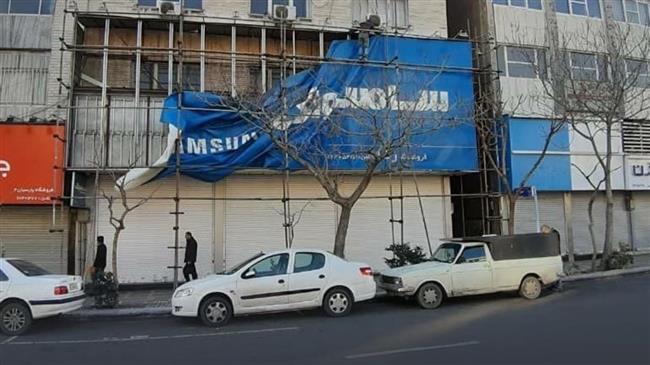

 This makes it easy to access the Press TV website
This makes it easy to access the Press TV website